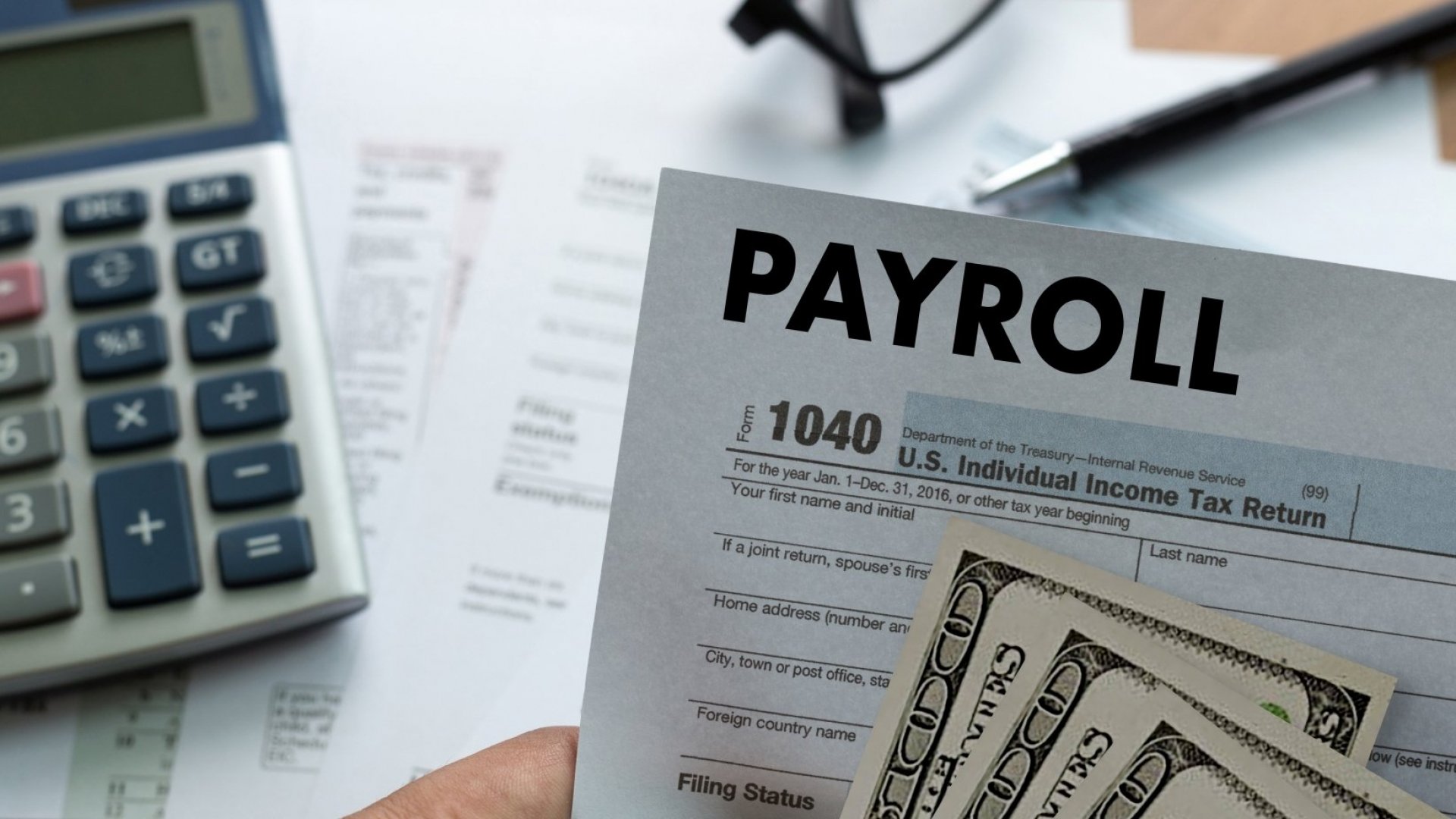Generating results
This is usually done within a minute.
Extended search to 100 miles radius
10 Most Common Job Interview Questions and How to Nail Them
Let’s get you started with the best responses to the most common interview questions. You better be taking notes if you want that job:
Job interviews can be nerve-wracking no matter how many of them you have been through. Sitting in front of a panel can give you cold feet even if you spent the entire past week preparing for it. Does it ever get easier? Yes. If you know exactly what you should be saying.
Being prepared with your answers can instill much-needed confidence in you and might even land you your dream job.
There are a handful of basic questions that every interviewer wants to ask you, irrespective of the job you’re applying for.
These questions are about You and only You. And you must be prepared with the best answers. It’s like you already have the question paper for our exam. What’s stopping you from giving your best?

1. Tell us about yourself
95 percent of the time, an interviewer begins with this familiar question. It seems like a pretty easy one, although it can also be a game-changer for you. This question gives you the power to skew the interview in any direction you want.
Pretty much every second question is derived from what you tell them about yourself. So be very careful about your answer.
For example, you definitely should bring up something that you would want them to know and discuss more. Like maybe a good quality of yours or something that you have achieved in your academic career and are proud of.
Now we always start the answer by telling them the most basic information about ourselves like our name, address, age, etc. They already know that as you have mentioned in your resume. Try telling them something that’s not there. Like where you grew up, what you like about yourself, about your family, your current interest, your previous job experiences, your hobby, or pretty much anything that makes you stand out. Remember to keep it interesting!

2. Describe your previous job
This question is an important one. Your previous work experiences will be impactful in deciding whether you will be fit for this job. Make sure you make a note about every little responsibility that you took and how it worked out for you. It might seem wise to avoid all the mistakes that you made in your previous job but it won’t hurt to mention a few and what it taught you. This will show that you are honest and also learn from your mistakes. Do tell them about all your achievements and not just briefly. You might want to research your new role and responsibilities and connect your previous learnings to how it will help you in your future job.
To sum up, make a list of all the important work that made a positive impact along with a few harmless mistakes and the learnings from it.

3. Tell us about your educational background
Education is an important part of one’s life and it’s obvious that the interviewer’s questions will revolve around it as well. But do they need to know about what your subjects were in high school! Yes, but not in detail. Skip to the important information like your highest education and any other courses and certifications that might be relevant to your new job. Focus more on the subjects that were your strength and helped you reach where you are right now.

4. What are your hobbies & interests
Hobbies and interests tell a lot about a person. Most people struggle while answering this question. It’s commonplace to find Reading, Sports, Painting or Writing as a hobby in every other resume. Honestly, it’s not interesting and it’s always a good thing to be different.
As millennials, we often tend to watch Netflix in our free time. Who has time to take up hobbies anymore? Gone are the days when the youth would play tennis or spend their evenings swimming. If you have a hobby, lucky you!
But what if you are one of the other kinds! Don’t worry, we’ve got you covered. Building a hobby hardly takes a day or two. There are so many options to choose from. Hobbies can be just anything, reading about cars can be a hobby, or writing blogs or even health and fitness can be your hobby. Think about your interests and learn some more about them. If you like Yoga, go and read extensively about it. The history of Yoga, Types of Yoga, and other interesting facts that might be amusing to your interviewer, and voila you’ve got yourself a hobby. A better one than just reading books.

5. Where do you see yourself in 5 years?
This shall be interesting to answer. Do we really know? But can you tell them that we don’t? Five years is quite a long time to be thinking about especially if you’re just starting your career. People hardly stay with the same company for five years but that’s not what the interviewer wants to hear. Every company expects commitment from its employees, especially a long-term commitment. Thus, it’s imperative that you give them one. Answer positively how you plan to stay with your new company and derive more responsibilities from your new role while also building up your skillset required for it. For example, if you are applying for a marketing role, you can talk about how you would love to learn all aspects of marketing and contribute more by taking up bigger roles in the future.

6. What are your strengths?
You probably already know what your strengths are. Is it being a great team player or maybe having leadership skills or better time management? Whatever it is you must be prepared with a solid story to back your claim. Every interviewer will eventually ask you that. If you think you are a great leader, keep an incident or two ready where you very well demonstrated your leadership skills, whether it was at a sporting event or a team project. Go with a skill that they are looking for in a candidate for the job. If the job requires you to be creative you should definitely flaunt your creativity skills. Don’t forget to mention your previous creations to prove the point.

7. How would you describe your weaknesses?
If talking about your strengths was difficult, you can imagine what it would be like to discuss your weaknesses. Our weakness is something we don’t want people to know let alone analyze, it gives us a kind of insecurity, and that too during a job interview.
But this question will be there whether you like it or not and better prepare. Now, we will suggest that you don’t be completely honest here. Pick out the weaknesses that don't make you vulnerable and something you can improve upon easily. Like time management. Most people struggle with bad time management skills but with a little bit of extra effort on organizing and planning one can surely overcome it. Make sure to be prepared with your plans on overcoming your weaknesses as well as you will certainly be asked.
A lot of people try to be smart by mentioning a positive quality as their weakness to pretend as if they don’t have any. Like “ My weakness is that I am too optimistic”. That is not a weakness and will only make you look like a fool. Be genuine and sensible.

8. Why should we hire you?
This is the time for the best pitch of your life. Job interviews are all about selling yourself. Keep in mind a few things before you begin. Don’t try to brag or be arrogant even if you have done some amazing work in the past or have the best college education. Interviewers can sense it and you have lost it then and there. Humility will get your farther than arrogance.
Start by explaining why you want this job and make sure you have a great answer for it that does not stand on a thin base but has a deeper story. Then let them know why you of all people will be a great fit by exhibiting your skill sets required for this job. You might want to mention all the learnings from your previous work experiences and how you will apply them in your future role. Lastly, be free to show them your passion for your next job and how badly you want it. Just go for it, you can never have too much passion for your work.

9. Why do you want this job?
One might want a job for various reasons the biggest being the salary. But don’t start with that for sure. You have to be a little clever here and let them know how this job will be a big step to your dream career. Might be true, might be not. Always think long-term when answering this question. For example, if you are applying for a job in marketing, start by telling them how you have always been interested in this field and plan on making a career in it. List down a few great learnings that you will get from this job and how you want to use it to do well in the future. Do a little research if needed.

10. What are your salary expectations?
Now you can be honest when it comes to salary as it is an important factor in your profession. Start by doing research on websites like Glassdoor and Indeed to find out the current salaries that an employee in your role is getting. Naturally, HRs tend to offer less than one expects. So be informed while negotiating. A job change is a big leap in your career, especially for your salary. Count all that in and include the kind of hike you need while letting them know your salary expectations. It’s always better to tell HR a little more than what you’re actually expecting given that it is realistic. Should you settle for less? It totally depends on how badly you want this job. If your new job has a lot to offer for your career and future you can settle for a little low salary but you must definitely mention that to your future employer so that they stay prepared to give you an increment soon.
Now that you know what you should be saying it’s time to get down to making notes. All the best!
Find Jobs from Top Job Search Websites on 1search.co/jobs
Recently Posted Data Scientist Jobs
Part Time Software Developer Jobs
Top Paying Computer Programmer Jobs
Top Paying Financial Manager Jobs
Also Read:
The Best Tech Companies to Work for in 2021 and WHY
8 Ways to Be More Confident and Professional at Work
9 High Paying Jobs Perfect for Career Change at Any Age
Top 7 Most Employee Centric Companies that care about their employees the best
What is Web1.0, Web2.0, Web3.0, Web4.0, Web5.0
Building a career in Data Science. An Interview with a Data Scientist
How to choose a career that you will love
crypto blockchain - is the future of stablecoins stable?
Top 9 Jobs to work remotely in 2021








